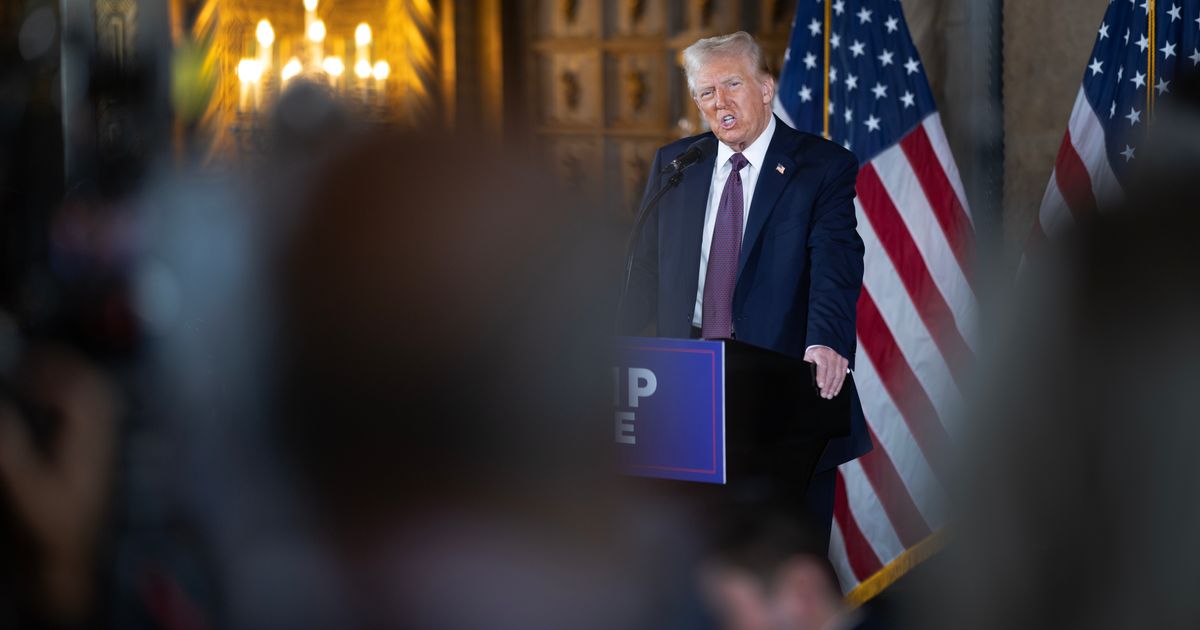Sports
Bay Area Host Committee CEO helping women become leaders in sports business

(KPIX) — The president and CEO of the Bay Area Host Committee said it’s a constant challenge to find that balance between work and home as she leads the organization through three major sporting events over the next two years.
But she never hesitates to mentor others because, while the industry has made progress in adding more people of color, she still doesn’t see as many women of color pursuing a career in sports management.
“There are no two similar days that I wake up to: One day it could be that the NFL is in town, and the next day FIFA could be in town, and the next day the NBA could be in town,” said Zaileen Janmohamed. “There are actually days that I wake up where I actually think I have a plan, and that plan goes way, way off and I’m doing something completely different.”
Janmohamed and the BAHC have the 2025 NBA All-Star Game at Chase Center as well as the 2026 Super Bowl and select games from the 2026 FIFA World Cup at Levi’s Stadium to prepare for in the next several months. All that responsibility on the job does not take away from motherhood though.
Janmohamed still finds time to get to soccer practice and spend time with her two young sons.
“It’s hard to juggle all of the jobs. The mom one is definitely the most important, and I have to remember that every single day,” she told KPIX while at soccer practice one afternoon. “That there’s a priority for me, and this one is the priority.”
Born and raised in Canada, she discovered sports at a very young age. It came as a surprise to her family who are originally from India and lived in East Africa before moving west.
Janmohamed thought as a P.E. teacher she could keep playing sports as an adult but then she dreamed of becoming an ice hockey player.
“It wasn’t normal for my parents. They didn’t expect that I would grow up and, even at the ages of 5 and 6, want to play sports, but for some reason I did. And so that was what I enjoyed and where I had a lot of passion,” she said. “I didn’t realize how grounded they were in their beliefs of what girls should do and what women should do, and I think initially I thought this was just normal. All my friends played sports, girls or boys, otherwise. It didn’t seem to be that big of a deal to want to do that in your life.”
But she knew what many in the culture expected of her and other children. Any path that didn’t lead to becoming a doctor, lawyer, or engineer seemed unusual.
“I think the fact that I was a South Asian woman, and the stereotypes ,initially, obviously were internal within, not even just my own household but within the community. That was really tough,” Janmohamed said. “So even if my parents were OK with it, which they were eventually, it was what the others were going to say around them that made them a little bit apprehensive of like, ‘Well if this person says this and this person says this, then it makes me uncomfortable, and I’m not doing right by my community.'”
Ice hockey would be a part of her life through college, playing outside of school until she started a family. She would find a career in sports on the business side working for leagues, brands, agencies, even an Olympic Organizing Committee. While her community may not have understood the direction she was heading, her passion kept her persistent even if some did not see this as a viable option.
Each job she had along the way prepared her to become a sports CEO. The time she spent in the industry has allowed her to bring more women and people of color into the business as well.
“You know many more people of color — I wouldn’t say women of color yet. There’s some, not as many as I’d like to see, but people of color, many, many more, and I’d like to think that I had something to do with that. You know, 20 or 30 years ago, when I made the decision to say this is what I’m going to do,” Janmohamed explained. “I am less surprised when I see people of color in the industry, I am still as surprised when I see women of color in the industry, that hasn’t made itself to a place where I’m like, ‘Oh yeah, of course.’ I still celebrate it, I’m like, ‘Oh yes, we got another one.'”
But the messages keep coming in regularly from young women wanting guidance on how to navigate the world of sports. So, during AAPI Heritage Month, Janmohamed said it’s critical that they see the dream is possible for them because both the industry as well as their community are accepting of it. Part of the motivation to mentor younger women is the gratitude she has in this stage of her career.
“I have a phrase that I say to myself a lot which is like, ‘You have to be really good to be lucky, but you also have to be lucky to be good,'” Janmohamed said. “I have to do it because somebody did it for me, and my hope is that instead of one email a week, I get four or five, right? And it becomes a little bit more challenging for me to deal with it, but I want that. That means that the message is getting out and that people are saying, ‘Holy, I can actually do this, this is possible, let me see if she’ll respond.'”
Another reason that drives her is setting an example for her sons. She wants to normalize for them the role she has as both mother and a woman in leadership. Janmohamed also believes that her home life not only gives her balance in her work, creating a needed break, but also pushes her to be more efficient with time and ultimately makes her better at the job.
“If not me, then who. If not me that helps change the behavior and what people think then, who,” she said. “Be yourself, authentically yourself, be comfortable in your own skin and proud of that. You’re going to come into this world with a completely different set of perspectives and a diverse point of view and that’s actually important.”






.png)


